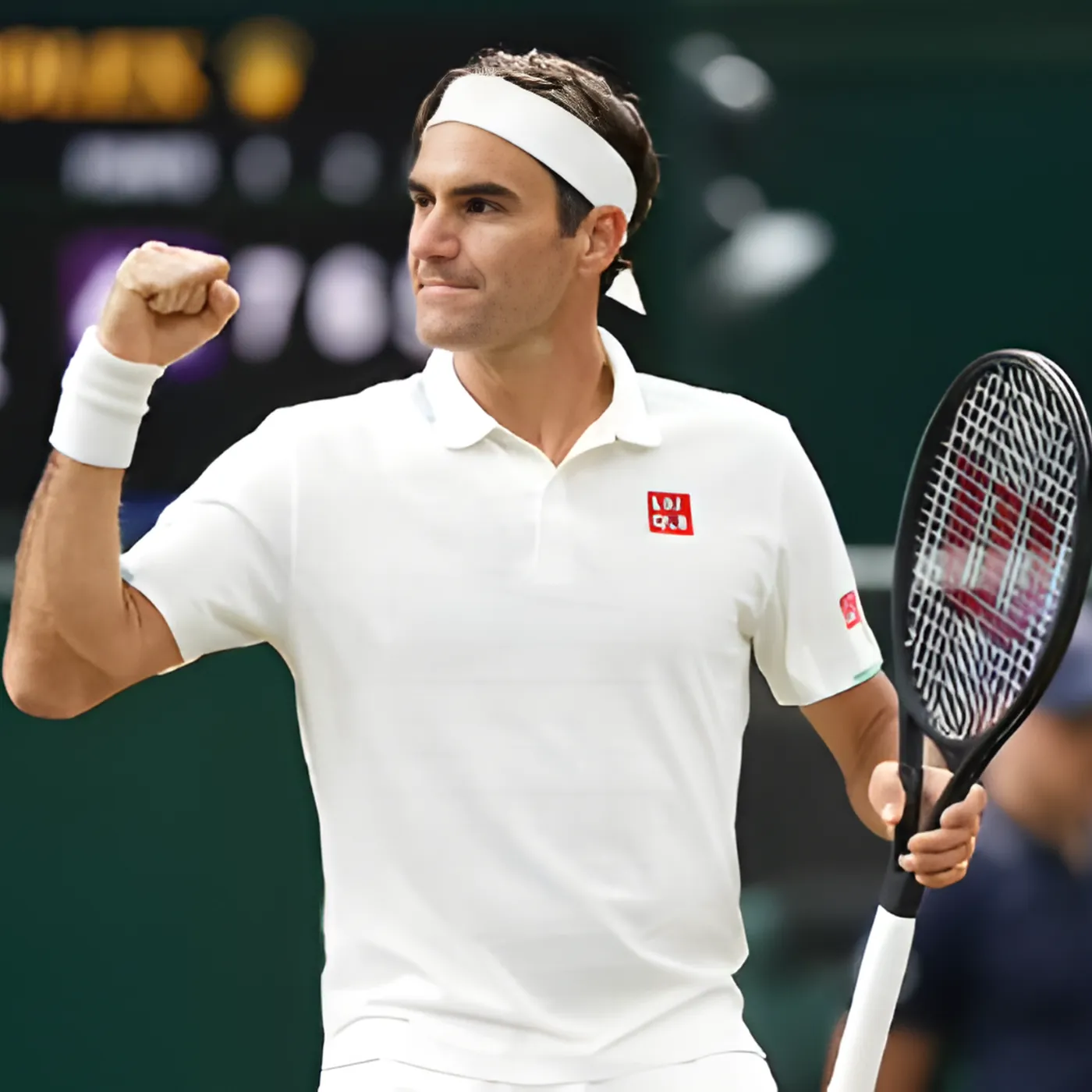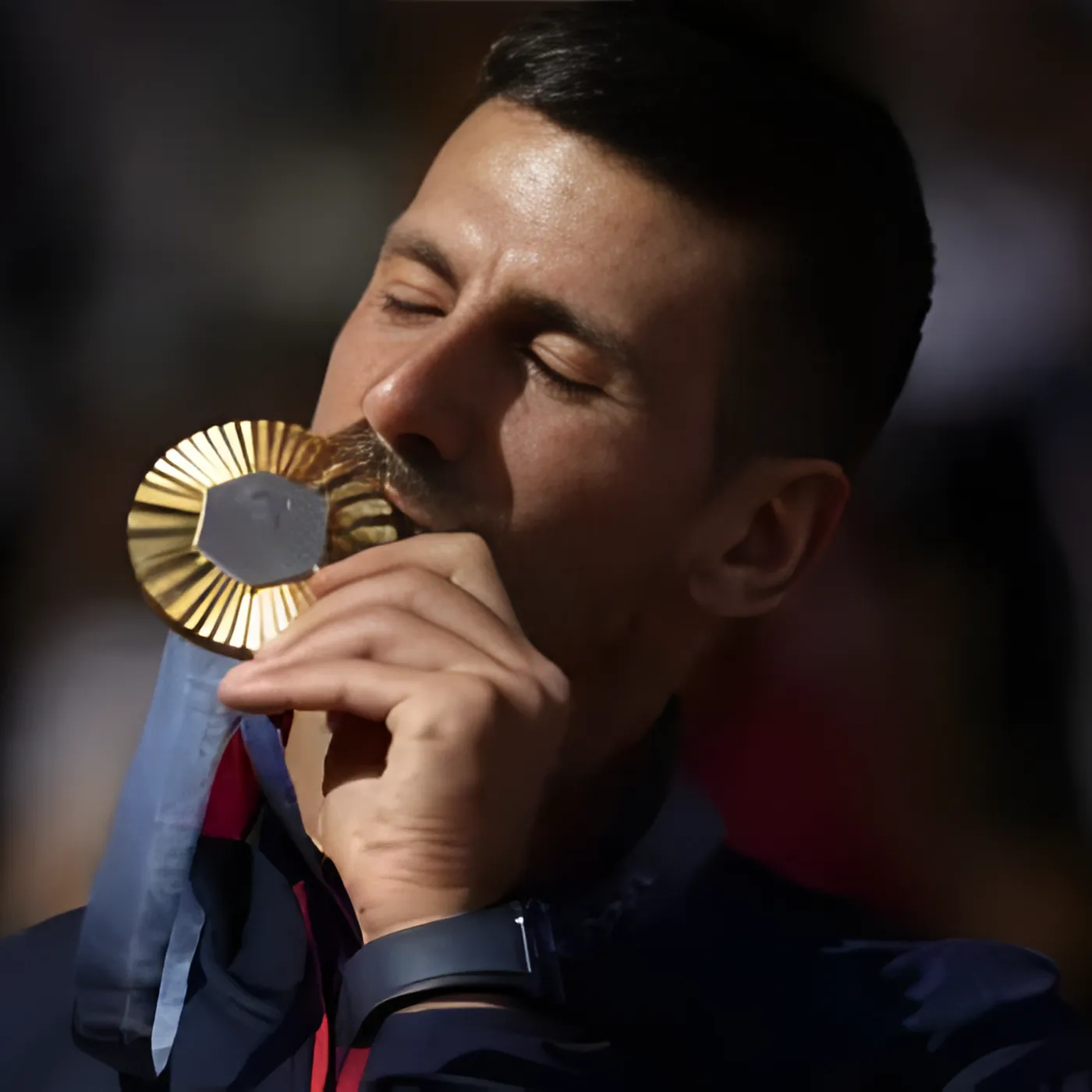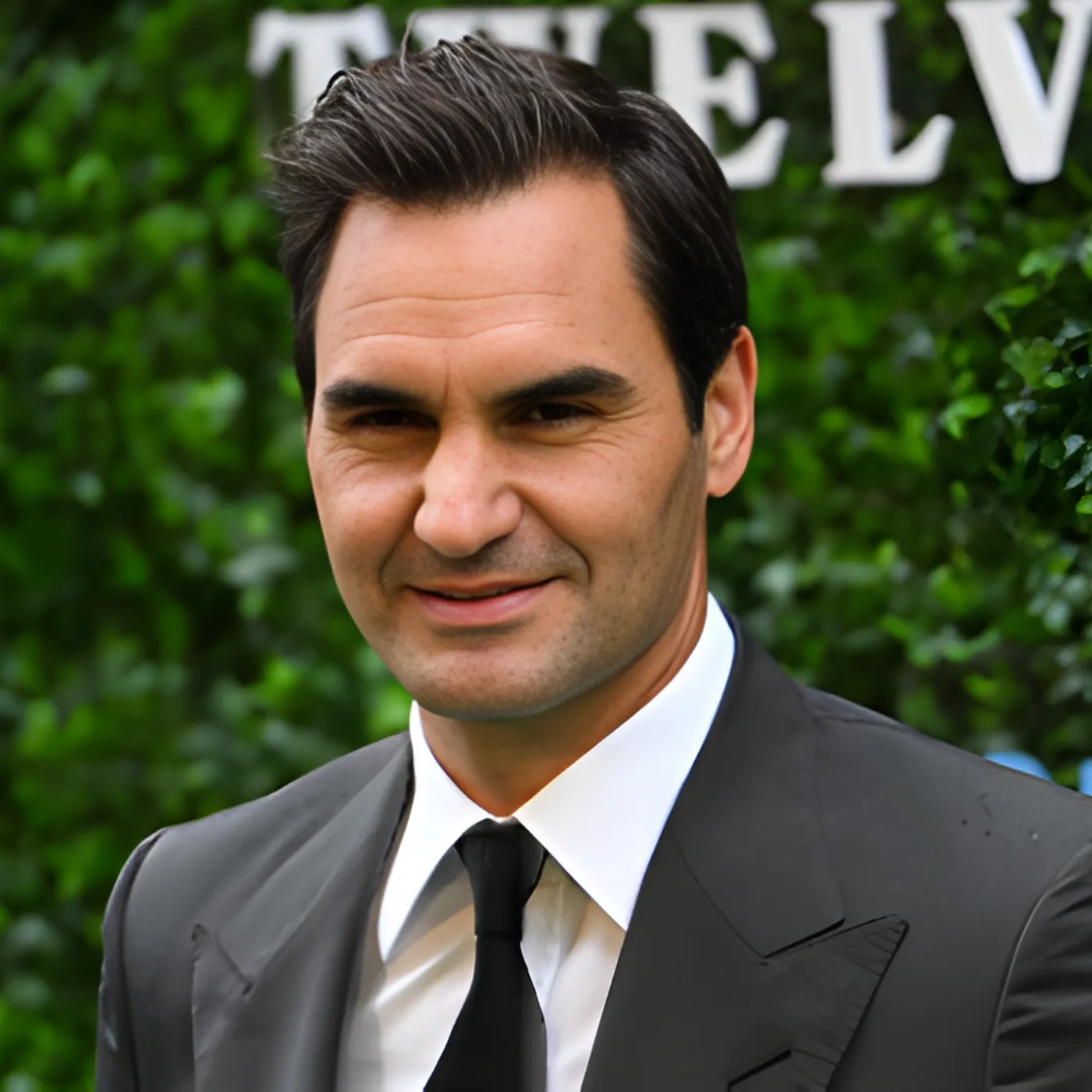
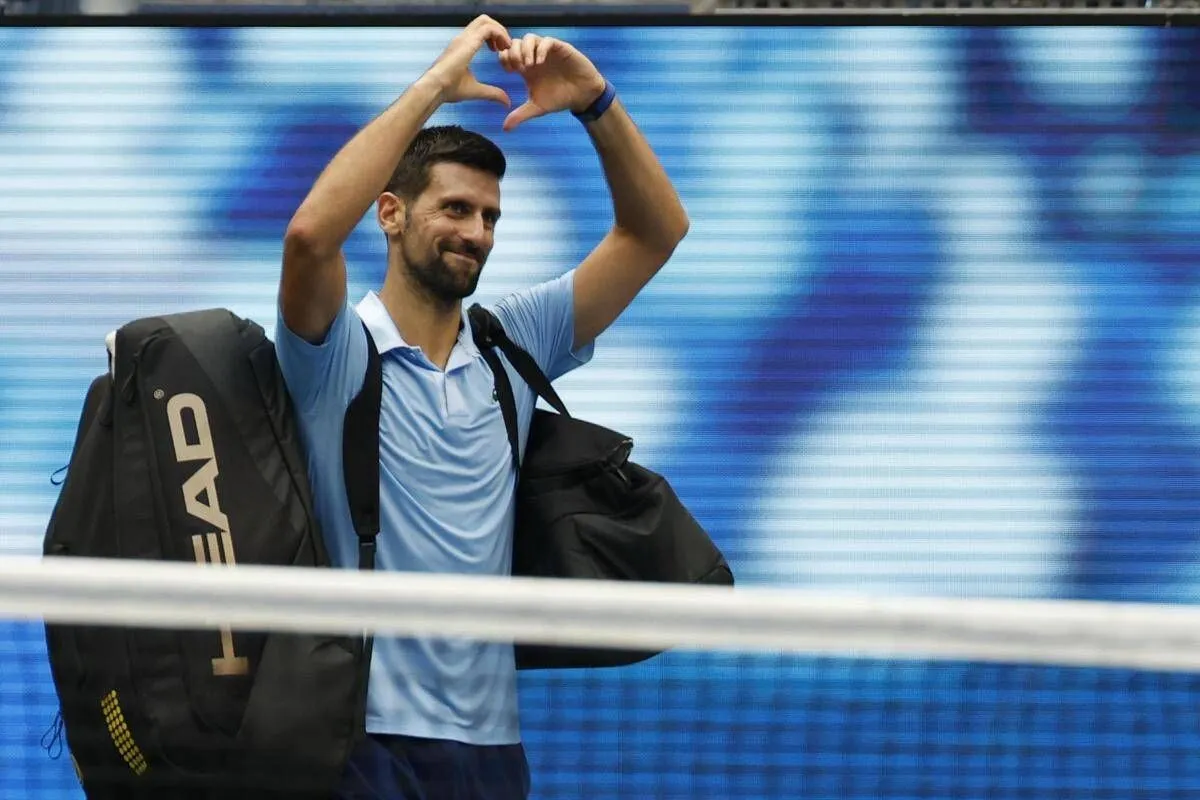
Novak Djokovic faces looming crossroads as Boris Becker hints 2026 may close his legendary journey
As the world of tennis continues to evolve, one figure remains at the center of every debate about greatness: Novak Djokovic. The Serbian champion, who has spent over two decades redefining the sport with his remarkable consistency and unmatched mental strength, now finds himself at a critical point in his career. Recent comments by his former coach Boris Becker have sparked widespread discussion, with Becker suggesting that 2026 may mark the end of Djokovic’s extraordinary journey on the professional tour. For tennis fans, players, and historians alike, this speculation is more than just idle talk—it represents the possible closing chapter of one of the most legendary careers in sports history.
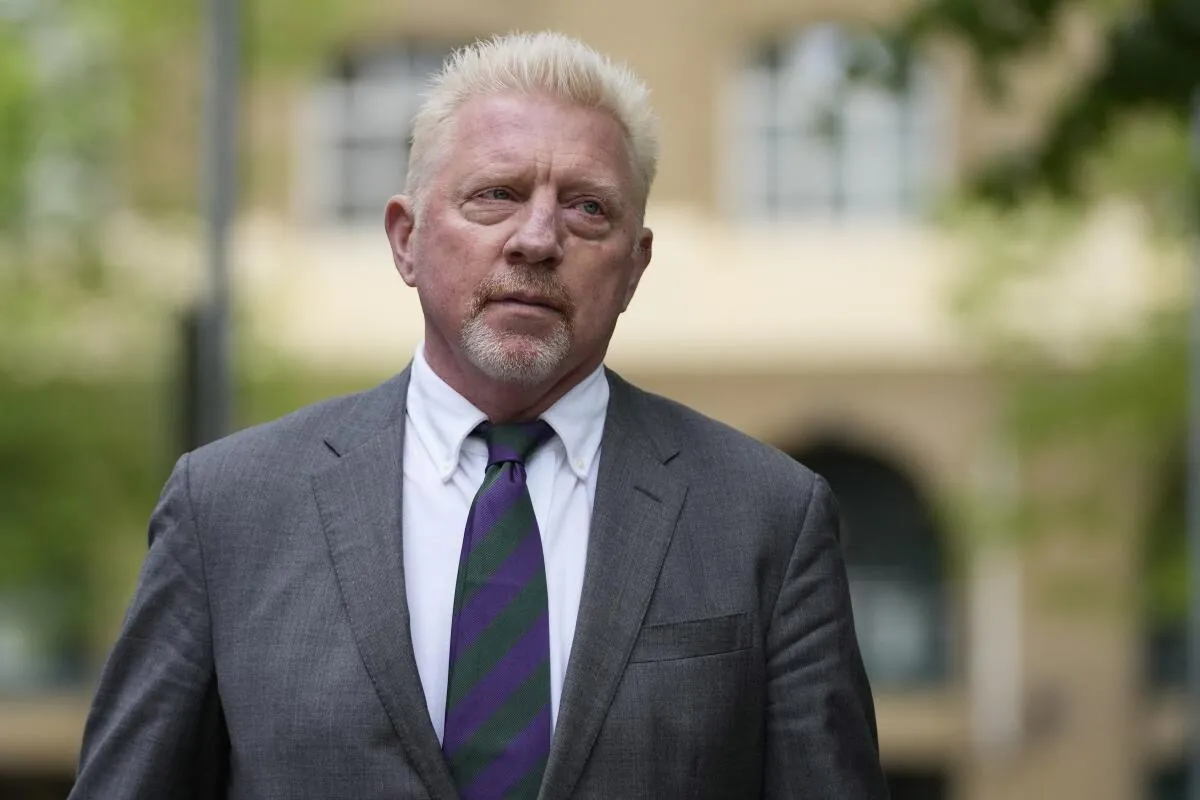
The weight of history on Djokovic’s shoulders
From his breakthrough at the 2008 Australian Open to his record-shattering achievements in the 2020s, Novak Djokovic has carried the expectations of fans, rivals, and an entire sporting generation. His dominance across all surfaces, combined with his ability to peak during the most crucial matches, has set him apart from even the greatest of contemporaries such as Roger Federer and Rafael Nadal.
What makes Djokovic’s story even more compelling is the way he has thrived under pressure. Whether facing hostile crowds, battling against younger talents, or surviving marathon matches, his career has become a symbol of resilience. Yet as he moves deeper into his late thirties, the demands of maintaining this level are becoming more evident. Even for a champion as finely tuned as Djokovic, the human body imposes limits, and those limits are slowly coming into play.
Becker’s candid insight and its implications
When Boris Becker, a legend in his own right and Djokovic’s former coach, hinted that 2026 could be the farewell point, the tennis world paused. Becker’s words carry authority—not only because of his status as a multiple Grand Slam champion but also due to his close working relationship with Djokovic during some of his peak years. Becker’s suggestion was not a definitive statement, but rather a reflection on the reality of age, physical endurance, and the natural arc of even the greatest sporting careers.
If Djokovic indeed chooses 2026 as his final season, it would not be a sudden departure but a carefully calculated decision. The Serbian star has always approached his career with a sense of long-term planning, balancing peak performance with longevity. Ending in 2026 would allow him to craft a farewell tour, potentially culminating at the tournaments where he built his legacy—Wimbledon, the US Open, and of course, the Australian Open, where his dominance remains unparalleled.
A career defined by records and rivalries
To fully understand the gravity of such a potential farewell, one must revisit the vast tapestry of Djokovic’s career. His record-breaking haul of Grand Slam titles, his weeks spent as world number one, and his victories against virtually every top player of his era illustrate why he is often referred to as the Greatest of All Time (GOAT).
The rivalries he forged with Federer and Nadal elevated not just his own stature, but the sport itself. Matches like the 2019 Wimbledon final, his epic clashes at Roland Garros, and his battles under the lights of the US Open are etched in memory as testaments to the Golden Era of tennis. Djokovic’s role in this era cannot be overstated—he was not just a participant but a central figure who repeatedly pushed the boundaries of what was possible.
Physical challenges and the evolution of the sport
Despite his remarkable physical conditioning, Djokovic has had to confront injuries and the reality of aging. Recovery takes longer, endurance can fade, and younger players bring relentless energy. The rise of talents like Carlos Alcaraz, Jannik Sinner, and others highlights a shift in the competitive landscape. For Djokovic, each season now demands careful scheduling, prioritization of Grand Slams, and a recognition that he cannot play an exhaustive tour year-round.
This is where Becker’s words resonate most strongly. Continuing until 2026 means Djokovic would compete into his late thirties, a rarity even for the fittest of champions. While modern science, training, and nutrition extend careers, the physical demands of five-set matches across multiple surfaces are immense. If Djokovic is to close his career with dignity and excellence, planning his exit in advance might be the wisest path.
The emotional connection with fans
Beyond numbers and trophies, Djokovic’s career has also been about his evolving relationship with fans worldwide. Early in his career, he was often overshadowed by the adoration showered upon Federer and Nadal. At times, he faced mixed receptions, with crowds favoring his rivals. But over time, as he continued to prove his greatness and share his personal journey with humility and humor, global appreciation for Djokovic has grown.
His connection with Serbian fans has always been profound, with Djokovic serving as a source of national pride. Yet, his appeal now transcends borders. If 2026 does mark his farewell, it will not just be Serbia but the entire tennis community that gathers to celebrate his extraordinary contributions.
The potential shape of Djokovic’s farewell
Should Djokovic decide that 2026 is the end, the tennis world would likely witness a farewell season unlike any other. Every tournament he enters would carry a heightened sense of occasion, every victory or loss tinged with the knowledge that time is running short. Grand Slam events would become stages not just for competition but for commemoration. His final match at Wimbledon’s Centre Court or the Arthur Ashe Stadium could rival the emotional send-offs of Federer and Serena Williams.
Moreover, Djokovic has always emphasized the importance of legacy—not only in terms of titles but also in inspiring younger generations. A farewell tour would allow him to engage directly with fans, mentor younger players, and solidify his place not just as a champion but as an ambassador of the sport.
Balancing personal life and professional ambitions
Another factor in the crossroads Djokovic faces is his personal life. As a father and husband, he has often spoken about the importance of family. His children are growing, and the desire to spend more time at home, away from the grueling demands of global travel, undoubtedly influences his decisions. By 2026, Djokovic may feel that he has given everything to tennis and that it is time to shift focus to family, philanthropy, and perhaps new ventures outside the court.
His involvement in initiatives like the Novak Djokovic Foundation, which focuses on education and child development, already highlights a vision for life beyond tennis. Retirement in 2026 would not mean stepping away from influence but rather channeling his energy into different arenas.
How history may remember Djokovic
If 2026 is indeed the endpoint, how will history remember Novak Djokovic? For some, he will always be the relentless competitor who broke records and outlasted rivals. For others, he will be the player who challenged perceptions, overcame skepticism, and carved a unique identity in an era dominated by beloved icons. Regardless of perspective, there is little doubt that Djokovic’s career stands among the greatest in not just tennis but all of sport.
His achievements are monumental: 24 Grand Slam titles and counting, the only man to hold all four majors simultaneously in the Open Era, and countless Masters 1000 victories. Yet beyond statistics, Djokovic’s story will endure because of the passion, determination, and humanity he brought to the court.
The crossroads ahead
The road to 2026 is still uncertain. Djokovic could choose to retire earlier, or he may surprise the world by extending his journey further. But Becker’s suggestion has planted a thought in the collective consciousness of tennis fans: the end may be closer than we realize.
For now, Djokovic remains focused on competition, driven by the same hunger that fueled him from the start. Each match he plays is a reminder that greatness is not only about victories but also about longevity, adaptation, and an unyielding belief in oneself. When the day finally comes—whether in 2026 or beyond—the sport will bid farewell to a figure who not only defined an era but also changed the very standards of excellence.
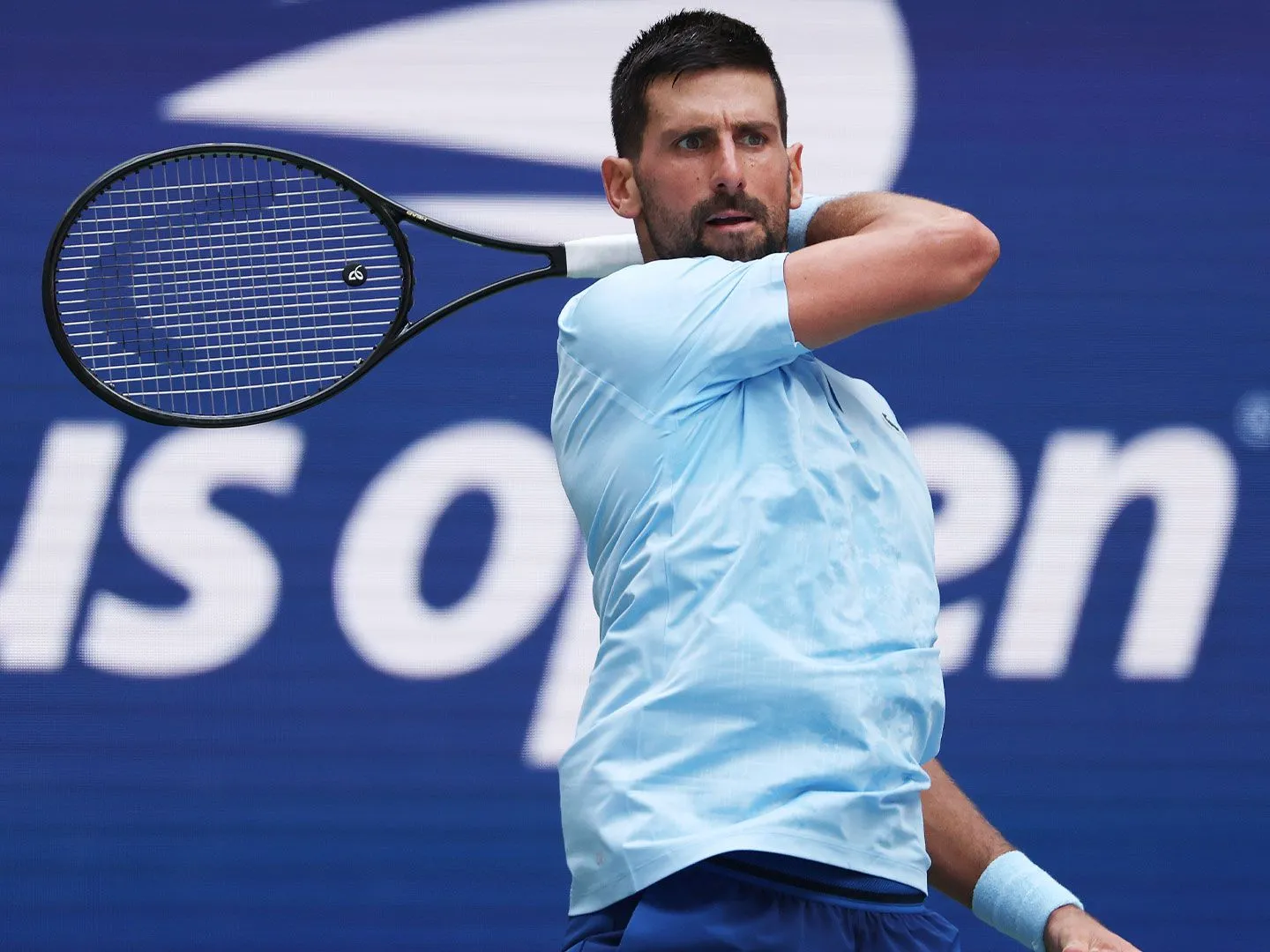
Conclusion: A legacy already secure
While the world speculates on his future, one truth remains undeniable: Novak Djokovic’s legacy is already secure. Whether he steps away in 2026 or continues beyond, his place in history is etched in stone. For fans, the coming years are both a gift and a countdown, offering the chance to witness more brilliance while preparing for an inevitable farewell.
As Becker’s comments remind us, even legends face crossroads. And for Novak Djokovic, that looming decision will not diminish his greatness but rather mark the natural end of an extraordinary chapter. When that day arrives, tennis will not just lose a champion—it will honor a legend whose journey redefined what it means to be the best.








